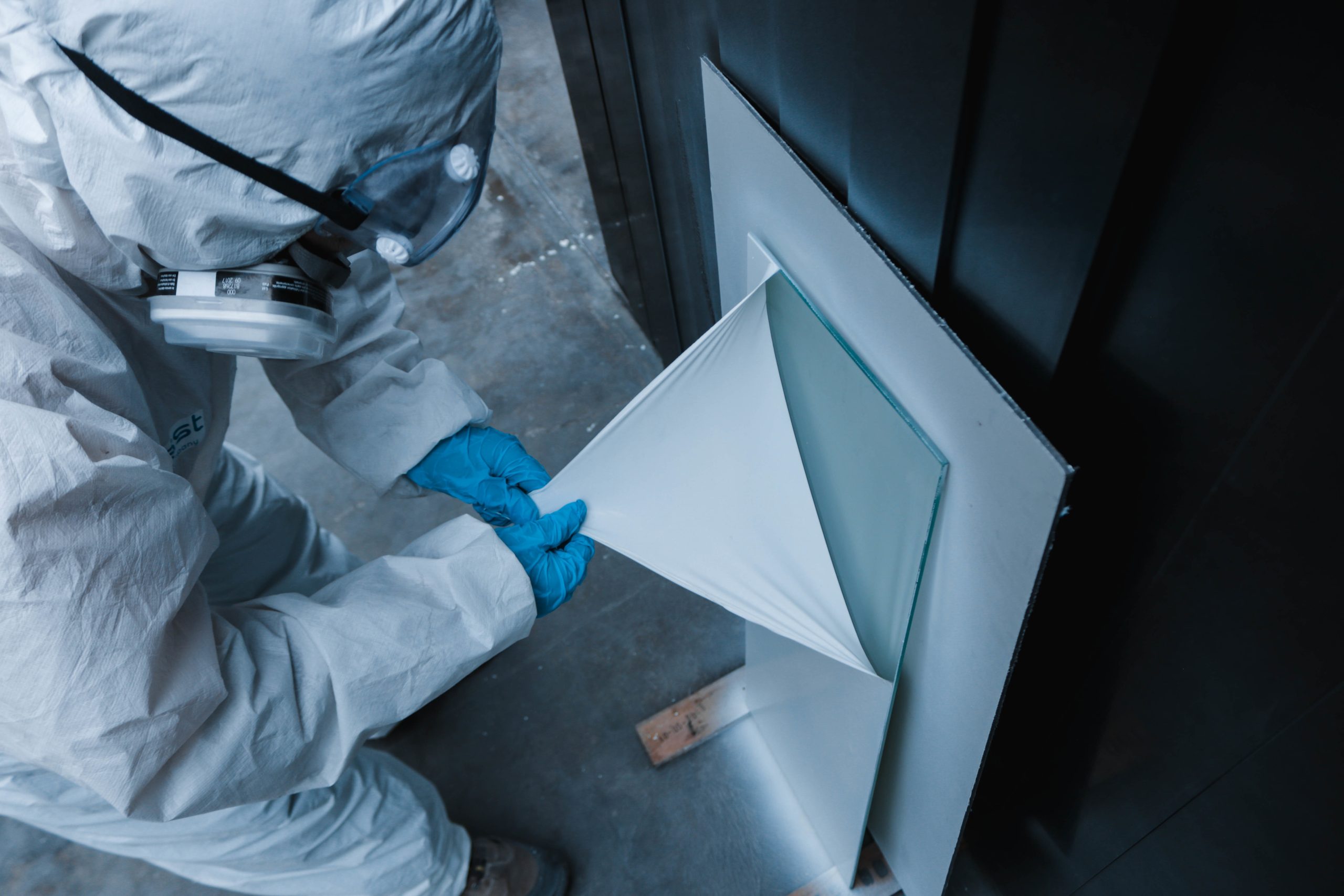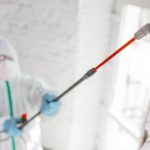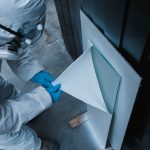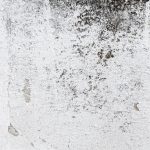
Mold is a silent intruder that can wreak havoc on your home and health. As a homeowner, understanding the importance of mold testing and knowing how to effectively address mold issues can save you from potential hazards and costly repairs. This ultimate guide will provide you with everything you need to know about mold testing, from why it’s essential to the methods used and preventive measures to keep your home mold-free.
Why Mold Testing is Important
Mold thrives in damp and humid environments, often growing unnoticed in hidden corners of your home. Here are key reasons why mold testing is crucial:
Health Risks
Exposure to mold can lead to a variety of health problems, especially for individuals with allergies, asthma, or compromised immune systems. Common symptoms include:
- Respiratory issues such as coughing, sneezing, and shortness of breath
- Skin irritation and rashes
- Headaches and dizziness
- Chronic fatigue
In severe cases, mold exposure can cause serious respiratory illnesses and long-term health conditions. Testing your home for mold ensures a safer living environment.
Property Damage
Mold can damage the structural integrity of your home. It feeds on organic materials like wood, drywall, and carpet, leading to rot and deterioration. Early detection through mold testing can prevent extensive and expensive repairs.
Peace of Mind
Knowing your home is mold-free provides peace of mind. Regular mold testing can help you identify and address issues before they become major problems, ensuring the health and safety of your family.
When to Conduct Mold Testing
While routine mold testing is a good practice, certain situations call for immediate action:
After Water Damage
Water damage from floods, leaks, or high humidity can create the perfect environment for mold growth. Even if surfaces appear dry, moisture may be trapped within walls and floors. Testing for mold after water damage is essential to prevent further issues.
Visible Mold Growth
Any visible mold growth, no matter how small, should be tested. Mold can spread rapidly and cause significant damage if not addressed promptly.
Unexplained Health Symptoms
If you or your family members experience unexplained health issues like persistent coughing, sneezing, or skin irritation, mold could be the cause. Testing can help identify the presence of mold and mitigate health risks.
Real Estate Transactions
When buying or selling a home, mold testing is an important part of the inspection process. It ensures there are no hidden mold problems that could affect the property’s value or the health of its occupants.
Types of Mold Testing
There are several methods for mold testing, each offering different insights. Here are the most common types:
Air Testing
Air testing measures the concentration of mold spores in the air. This method is effective in detecting mold even when it’s not visible. Air samples are collected and analyzed in a lab to determine the type and concentration of mold spores present.
Surface Testing
Surface testing involves collecting samples from surfaces like walls, floors, and furniture. Swabs or tape lifts are used to gather these samples, which are then analyzed for mold growth.
Bulk Testing
Bulk testing involves collecting pieces of materials from your home, such as sections of drywall or carpet, to test for mold. This method provides detailed information about mold contamination in specific areas.
Culture Testing
Culture testing involves growing mold spores collected from air or surface samples in a controlled environment. This method can identify specific types of mold present and their concentrations.
Professional Mold Testing
While DIY mold testing kits are available, professional mold testing is recommended for accurate and comprehensive results. Experts like QCI offer advanced techniques and equipment to conduct thorough mold inspections and testing.
Advantages of Professional Testing
- Accuracy: Professionals use state-of-the-art equipment and methods to detect mold that DIY kits might miss.
- Comprehensive Reports: Detailed reports on the type, concentration, and location of mold in your home.
- Expert Recommendations: Guidance on the best course of action for mold remediation and prevention.
Choosing a Mold Testing Professional
When selecting a mold testing professional, consider their experience, qualifications, and reputation. QCI, for example, has over 28 years of industry experience and offers expert mold testing and remediation services in Southwest Florida. Their commitment to customer safety and health makes them a trusted choice for homeowners.
Preventing Mold Growth
In addition to regular mold testing, taking proactive steps to prevent mold growth is essential. Here are some tips to keep your home mold-free:
- Control Humidity: Use dehumidifiers and air conditioners to maintain indoor humidity levels below 60%.
- Fix Leaks Promptly: Repair any leaks in your roof, walls, or plumbing as soon as possible.
- Improve Ventilation: Ensure proper ventilation in areas prone to moisture, such as bathrooms and kitchens.
- Clean and Dry: Regularly clean and dry areas that are susceptible to moisture, such as basements and bathrooms.
Mold testing is a critical component of home maintenance that should not be overlooked. By understanding the importance of mold testing, recognizing when to test, and knowing the different testing methods, you can protect your home and family from the dangers of mold.
If you’re in need of professional mold testing or remediation services, QCI is here to help. With over 28 years of experience, advanced chemical-free techniques, and a commitment to customer safety, QCI ensures your home in Cape Coral remains safe and healthy. Contact QCI today at (239) 777-2875 or visit QCI’s website to schedule a free mold inspection and learn more about their comprehensive services. Your health and peace of mind are our top priorities.






